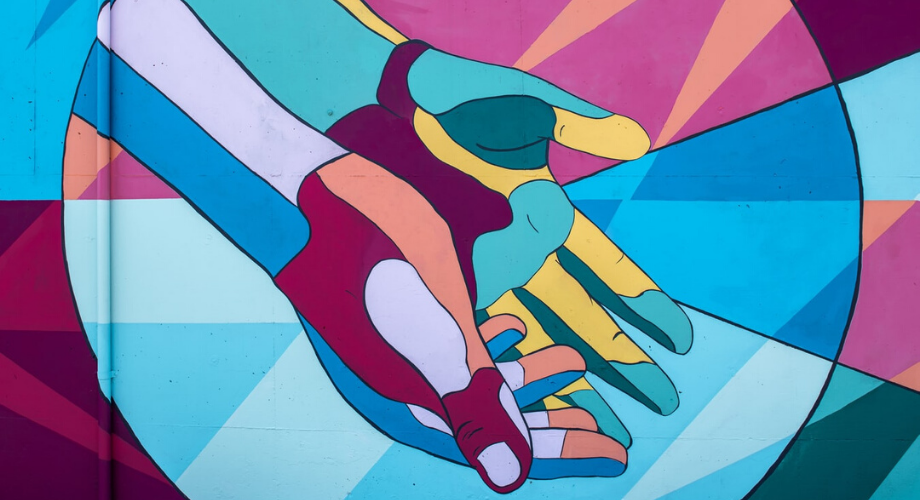In the Blog
Banding Together Through Mutual Aid

Image Source: https://unsplash.com/photos/epBIrtdg2Hk
COVID-19 has the world turned upside down. Grocery store workers have become as essential as those in the healthcare industry, and, like healthcare workers, they risk their health every time they’re on the job.
According to Prime Minister Trudeau, those essential employees should be properly compensated. Trudeau said in a statement, “If you are risking your health to keep this country moving and you are making minimum wage, you deserve a raise.” Workers in certain essential industries, including grocery store workers and cleaners, were eligible for a wage top-up provided by the government, Trudeau said.
No plans to make these top-ups permanent were announced when Trudeau let the country know that the individual provinces would be handling the details of the additions in wages. Because the wage top-ups — and the Canada Emergency Response Benefit (CERB) — are likely transitory, and paid work is shutting down at a rate never before seen, minimum wage workers are banding together with their families and friends to share resources and support each other through the pandemic.
Ironically, as social isolation is encouraged for the sake of public health, it is small, united groups of people that may ultimately thrive. We are seeing the emergence of mutual aid funds and networks in response to the coronavirus and, alongside them, the possibility that we could return to more widespread intergenerational and communal living in order to benefit both the greater good and the economy.
Although it’s reminiscent of new age philosophies, the concept of mutual aid is rooted in organization theory, a branch of sociology. At its core, mutual aid benefits everyone involved. Groups of people survive and thrive by working together in a reciprocal relationship. Within mutual aid groups, some individuals provide monetary support while others perform needed services like food preparation or manual labor. Everyone has a part to play.
Social activist groups, such as the multiple indigenous groups that populate Canada, have shifted their efforts to providing aid to their communities. Mutual aid groups in every province, like Halifax Community Care in Nova Scotia and Toronto Community Response in Ontario, provide food, utility funds, gas, and more to those in need. These types of resources are especially crucial for marginalized populations, including minorities and single parents — the same populations are also disproportionately vulnerable to COVID-19.
Mutual aid groups can even help to reduce the spread of coronavirus. It’s imperative that the most vulnerable to the virus, like those who are immunocompromised, continue to remain as isolated as possible to both protect their own health and to help keep the number of cases low. This is where mutual aid volunteers can come in — these healthy volunteers can provide groceries, prescriptions, and other necessary supplies to house-bound citizens and other vulnerable populations.
For those earning minimum wage, making ends meet is a challenge in the best of times. During a global pandemic, the task may seem impossible. While rent relief is being offered across provinces, mutual aid can come to the rescue by providing necessities like groceries, toiletries, and medications so that renters and homeowners don’t have to choose between paying rent or the mortgage, and meeting their basic needs.
As 2020 plods on, COVID-19 will likely continue to be the common thread uniting minimum wage workers, the self-employed, single mothers, and other marginalized groups. The virus may ultimately unite humanity, even as social distancing continues to keep us a safe physical distance apart.
About the Author: Ainsley Lawrence is a freelance writer that lives in the Northwest region of the United States. She has a particular interest in covering topics related to good health, balanced life, and better living through technology. When not writing, her free time is spent reading and researching to learn more about her cultural and environmental surroundings. Find her on Twitter.



